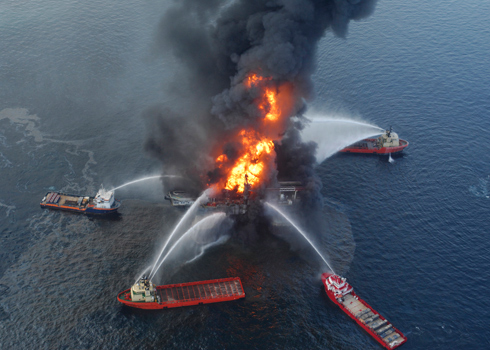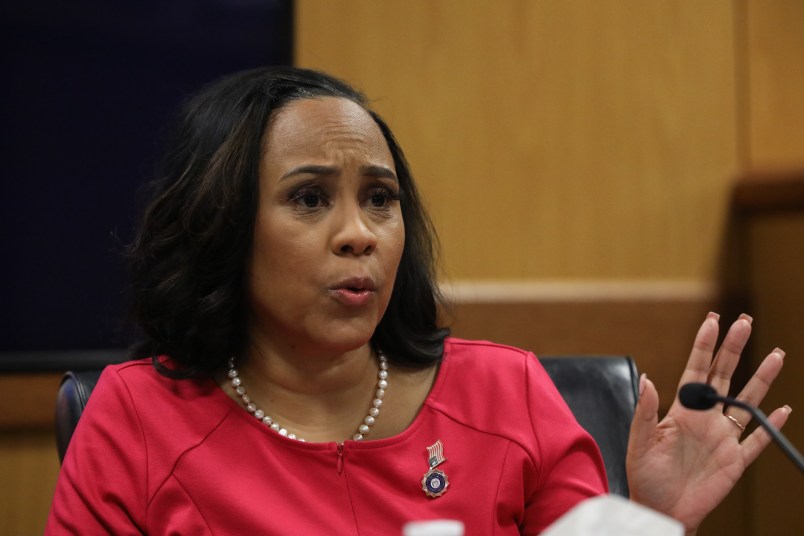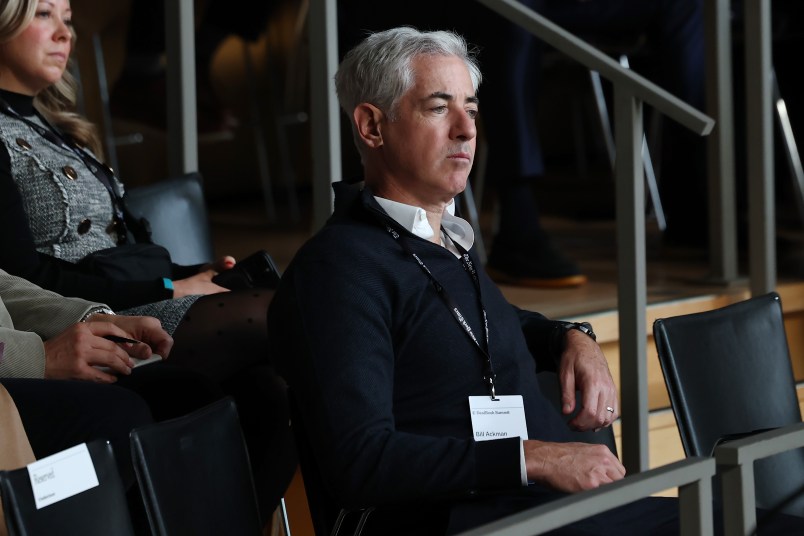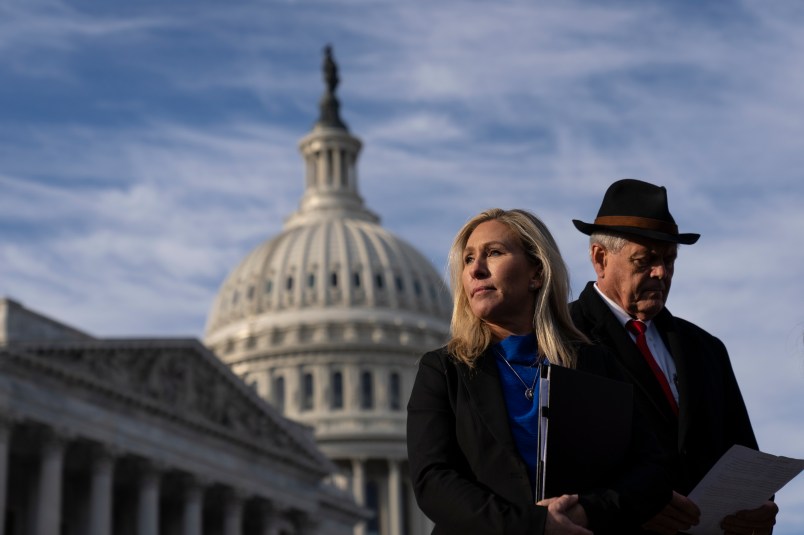by MariaWang, ProPublica
When the Deepwater Horizon disaster killed 11 men at sea last April and set off the worst oil spill in U.S. history, the tragedy exposed a number of weaknesses–not least of which were decades-old laws that limited the liability of major players.
The Oil Pollution Act capped the amount BP owed in damages for the spill at $75 million–a legal limit that, under public pressure, BP ultimately volunteered not to invoke.
BP and its contractors also were shielded by maritime laws that limited how much victims’ families could win by filing lawsuits. Because the deaths took place offshore, the companies could only be sued for future wages, minus taxes and expected living costs, and not for pain and suffering or other punitive damages commonly recoverable in fatal onshore accidents.
Transocean, the owner of the sunken rig, also has invoked a 160-year-old maritime law to limit its liability to about $27 million–the value of the rig–in personal injury and wrongful death cases. Whether that holds up in court remains to be seen.
In the year that has passed since the spill, efforts to raise or do away with these liability restrictions have failed. Lobbying by the oil industry, the U.S. Chamber of Commerce, and the cruise ship industry, together with opposition from some lawmakers from oil-producing states, delayed and ultimately killed legislation that would have lifted all three liability limits.
In January, the presidential commission investigating the Deepwater Horizon disaster released its final report and issued a few key recommendations, such as lifting the $75 million liability cap on economic damages.
Fran Ulmer was on that commission. In a call with reporters last week, she criticized Congress for its inaction on the liability limit.
“It hasn’t been changed in 20 years. It really shows you how inadequate it is,” Ulmer said. “If you don’t raise the liability limit, you’re in a situation where either taxpayers end up footing the bill, or injured parties do, which seems fundamentally unfair.”
BP has said the $75 million cap is “irrelevant” because the company already promised to pay “all legitimate claims” for economic damage. (Here’s how that turned out.) The American Petroleum Institute, the major oil industry trade group, told lawmakers last June [9] that while “changes are needed” to the liability cap, removing it or raising it arbitrarily could kill jobs, reduce offshore production and harm U.S. energy security.
Tell that to Keith Jones, for whom the issue of oil company liability is personal. Jones’ son, Gordon Jones, died instantly in the April 20 blast, leaving behind his widow, Michelle, and two young sons. The Jones family has spent much of the past year fighting to get Congress to change the Death on the High Seas Act and put potential liability for offshore accidents on par with liability for onshore accidents. Litigation over Gordon’s death is ongoing.
Several Deepwater Horizon families have settled wrongful-death cases. Some received settlements in the $8 million to $9 million range, according to the Wall Street Journal.
Jones, who is also an attorney, told me that for the Deepwater Horizon incident, public attention, as well as the federal government’s civil suit against BP and its partners, have made larger-than-required settlements politically expedient. But that doesn’t mean that the law limiting liability shouldn’t be changed, he said.
“The sad truth is that pretty soon somebody else is going to get killed on high seas. It’s going to happen again,” Jones told me.
And if that incident causes less environmental damage and gets less attention, those victims’ families may have to contend with the liability limits, he said. Without the public pressure, those companies may not be willing to settle for any more than they must.
“It needs to be changed,” Jones said. “If all these companies can care about is money, then they need to keep in mind that when they put men at risk, that costs money too. If you can’t bring yourself to consider it for any other reason, think of it that way.”
Follow on Twitter: @mariancw









